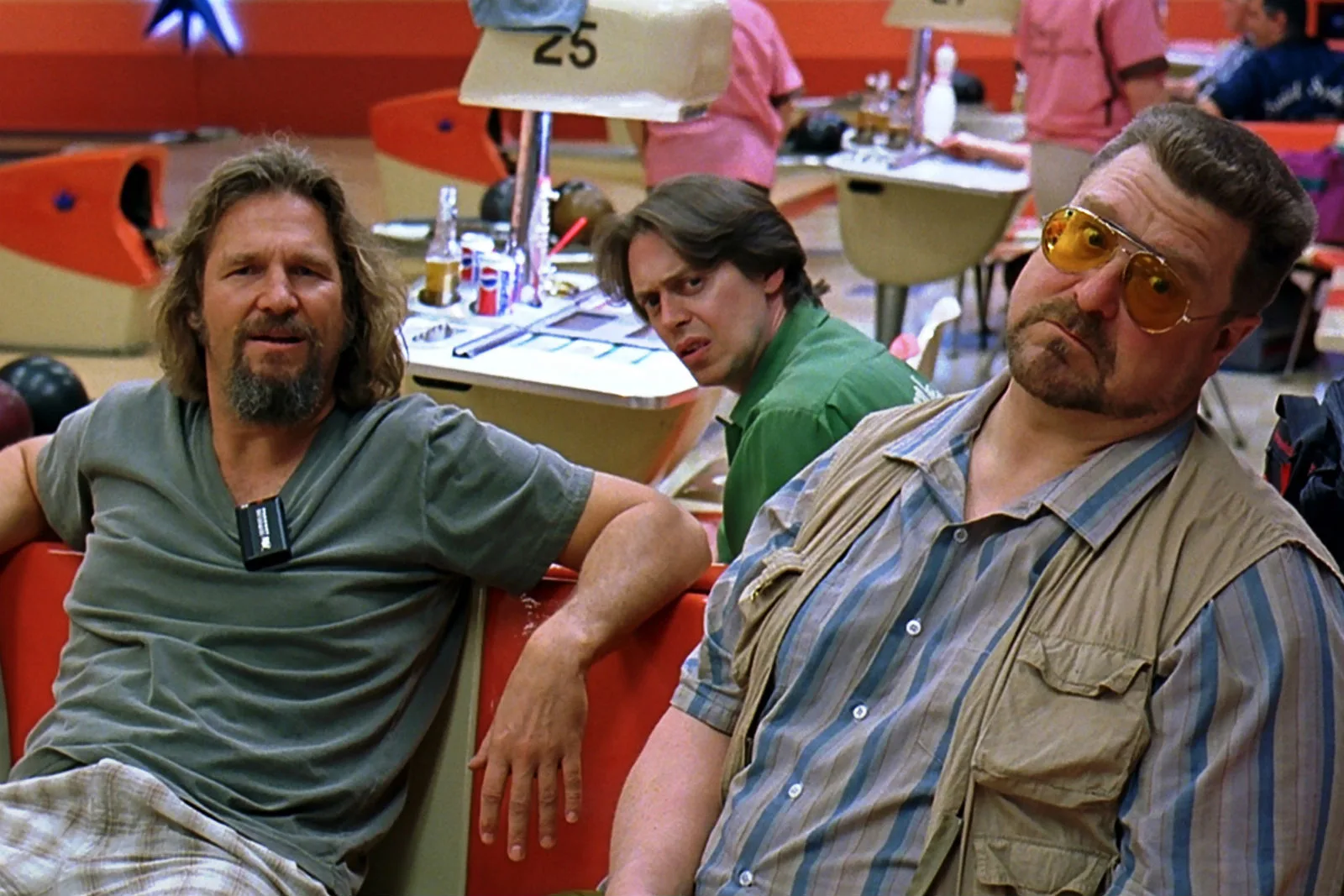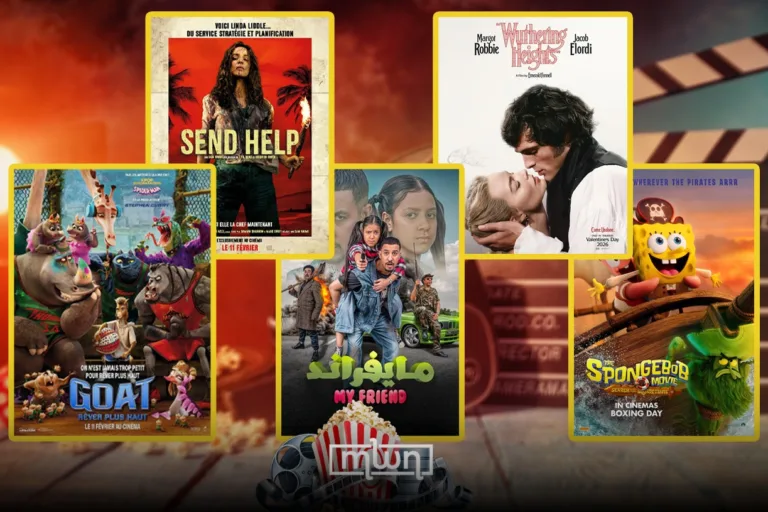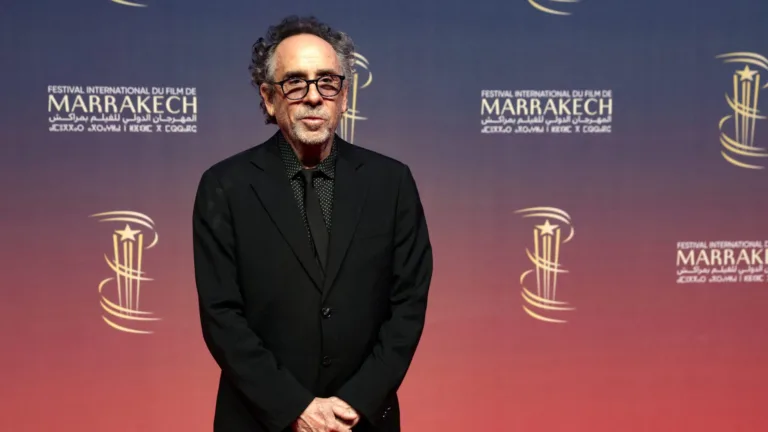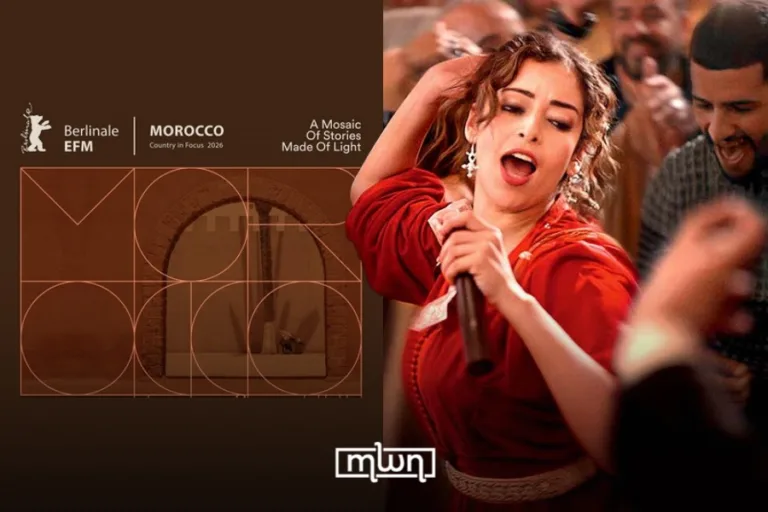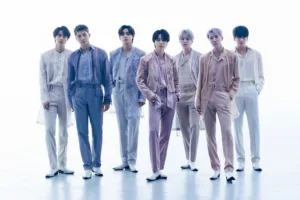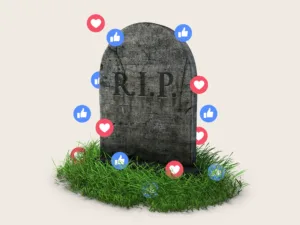Fez – Directed by Joel and Ethan Coen, “The Big Lebowski” has evolved from a modest box office performer into a cultural phenomenon.
The film follows Jeff “The Dude” Lebowski, played by Jeff Bridges, an easygoing Los Angeles drifter who becomes entangled in a bizarre kidnapping case after being mistaken for a millionaire with the same name.
What unfolds is part crime caper, part absurdist comedy, and part philosophical meditation on life, friendship, and the art of letting go.
At the heart of the film’s enduring appeal is The Dude himself — a figure of radical nonchalance in a world obsessed with ambition and order. With his bathrobe, White Russians, and unflappable calm, he became a symbol for a generation disillusioned with hustle culture before the term even existed. Lines like “The Dude abides” have entered the cultural lexicon, capturing a kind of Zen acceptance that feels more relevant than ever in today’s chaotic world.
The Coen brothers’ script blends noir-inspired dialogue with surreal humor, while Roger Deakins’ cinematography elevates the film’s Los Angeles setting into something dreamlike — from bowling alleys lit like churches to slow-motion sequences that blur reality and imagination. The supporting cast — including John Goodman, Julianne Moore, and Steve Buscemi — delivers performances that feel both outrageous and oddly sincere.
Over the years, “The Big Lebowski” has inspired fan festivals known as Lebowski Fests, academic studies, and even a quasi-religion called Dudeism, which preaches the virtues of relaxation and going with the flow.
More than two decades later, The Big Lebowski endures not just as a comedy but as a cultural touchstone — a reminder that sometimes, in a world that insists we figure everything out, it’s perfectly fine to just roll with it.
“That rug really tied the room together.”

